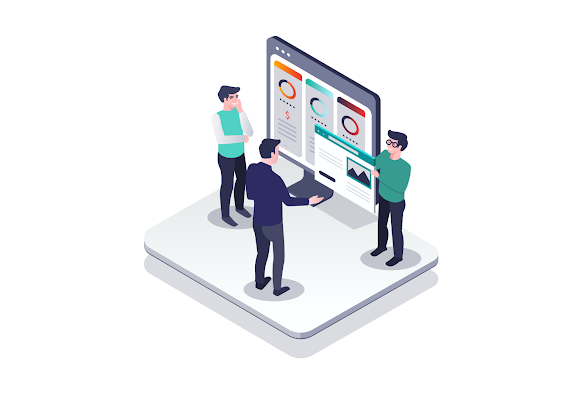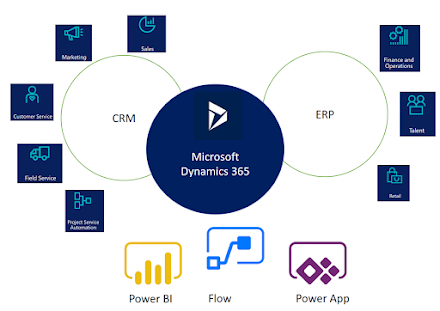10 crucial pros and cons of search engine optimization (SEO)
What is SEO?
Search Engine Optimization (SEO) is an essential digital
marketing practice that helps businesses improve their online visibility,
attract more website visitors, and increase conversions. In this article, we'll
explore what SEO is, how it works, and the benefits it offers businesses of all
sizes.
PROS AND CONS OF SEO
Pros of SEO:
1. Increased Website Traffic: SEO can drive a significant
amount of organic traffic to a website. This can help businesses increase their
website traffic without having to pay for advertising.
2. Higher Quality Traffic: SEO targets people who are actively searching for products or services related to a business. This means that the traffic generated through SEO is highly targeted and more likely to convert into leads or sales.
3. Cost-Effective: Compared to other forms of digital marketing, such as pay-per-click advertising, SEO is relatively cost-effective. While SEO requires time and effort, the long-term benefits can outweigh the initial investment.
4. Builds Brand Credibility: Websites that rank high on search engine results pages are seen as more credible and trustworthy. This can help businesses build brand credibility and establish themselves as thought leaders in their industry.
5. Improves User Experience: SEO focuses on improving the user experience of a website. This includes making a website easy to navigate, fast-loading, and mobile-friendly. Improving the user experience can lead to increased engagement and conversions.
6. Long-Term Benefits: SEO is a long-term strategy that can deliver ongoing benefits. Once a website is optimized for search engines, it can continue to rank well for relevant search terms, even without ongoing SEO efforts.
7. Compete with Larger Brands: SEO allows small and medium-sized businesses to compete with larger brands online. By ranking well on search engine results pages, smaller businesses can attract customers and compete with larger brands without having to spend a significant amount of money on advertising.
8. Measurable Results: SEO provides measurable results, making it easy to track the success of a website's optimization efforts. This can help businesses refine their SEO strategies and focus on tactics that deliver the best results.
9. Improves Local Search Visibility: SEO can help businesses improve their local search visibility, making it easier for customers to find them online. This is particularly important for businesses that rely on local customers, such as restaurants, shops, and service-based businesses.
10. Enhances Social Media Presence: SEO can help businesses enhance their social media presence. By optimizing a website for search engines, businesses can increase their visibility on social media platforms and drive traffic to their social media profiles.
Cons of SEO:
1. Requires time and patience: SEO is a long-term strategy that requires time and patience. It can take several months or even years to see significant results from SEO efforts.
2. Constantly changing: SEO is constantly evolving, and search engine algorithms are regularly updated. This means that businesses must keep up with the latest SEO trends and tactics to stay competitive.
3. Requires expertise: SEO requires a certain level of expertise to be successful. This means that businesses may need to hire an SEO expert or agency to ensure that their website is properly optimized.
4. Results not guaranteed: While SEO can deliver significant
benefits, there is no guarantee that it will lead to increased website traffic
or sales.
5. Competitive: SEO is highly competitive, particularly for businesses in competitive industries. This means that businesses may need to invest a significant amount of time and resources to achieve a high ranking on search engine results pages.
6. Can be expensive: While SEO is generally considered a cost-effective marketing strategy, businesses may need to invest a significant amount of money in SEO services or tools to achieve their goals.
7. Limited control: Businesses have limited control over how their website ranks on search engine results pages. This is because search engine algorithms are complex and constantly changing.
8. Black hat SEO practices: Some SEO practitioners use black hat tactics to try and manipulate search engine rankings. These practices can result in penalties or even a ban from search engine results pages.
9. Slow to see results: SEO is a slow process and it can take months or even years to see significant results. This can be frustrating for businesses that are looking for immediate results.
10. Overemphasis on keyword rankings: Some businesses may focus too much on keyword rankings and neglect other important metrics such as website traffic and engagement. This can result in a poorly optimized website that does not deliver the desired results.





Comments
Post a Comment